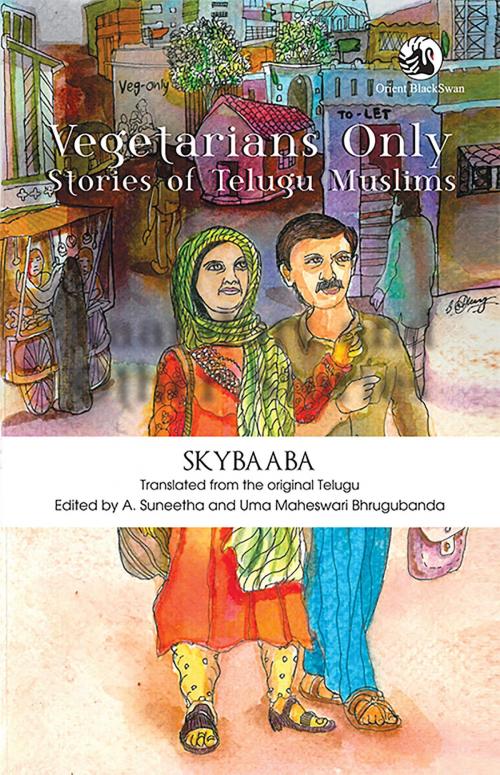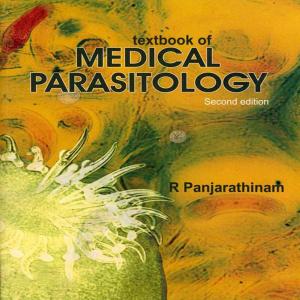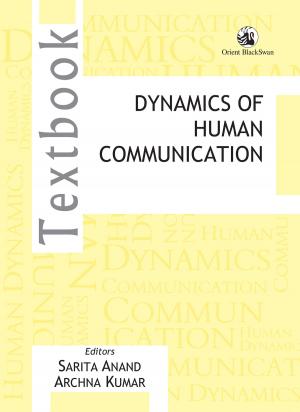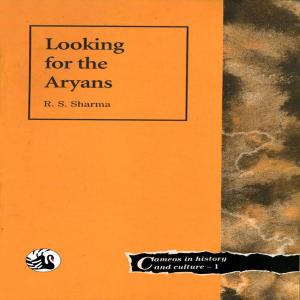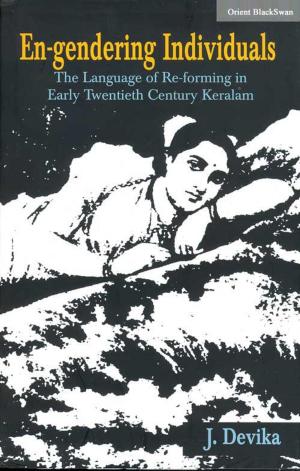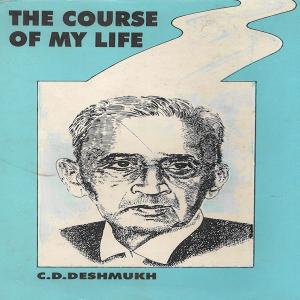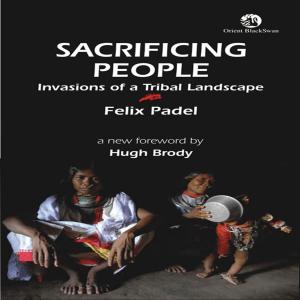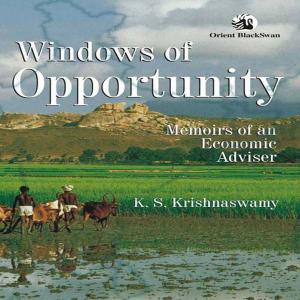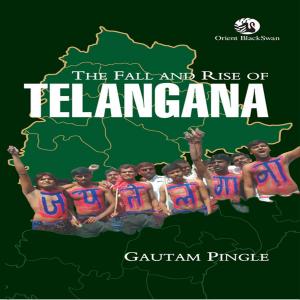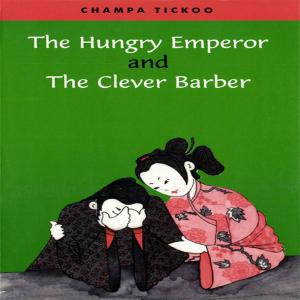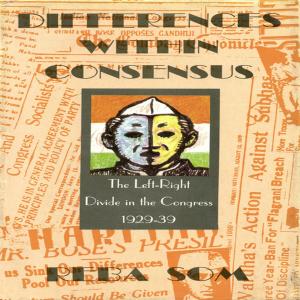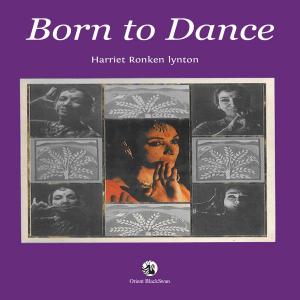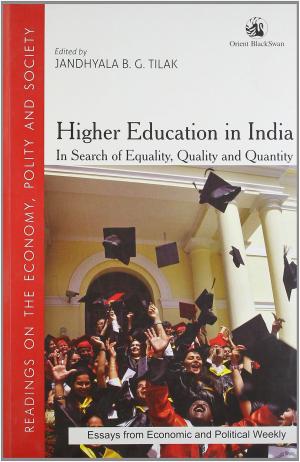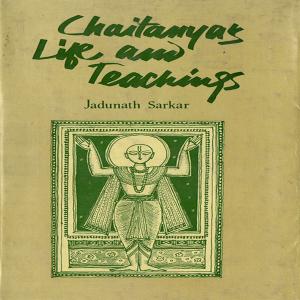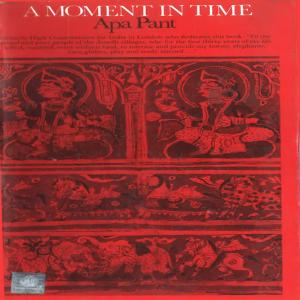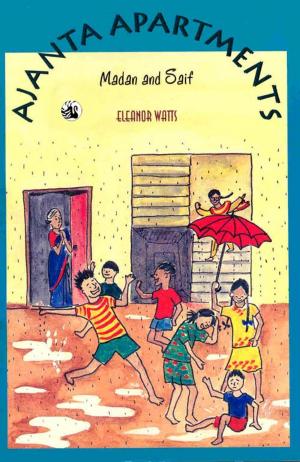| Author: | Skybaaba | ISBN: | 9789386392466 |
| Publisher: | Orient Blackswan Private Limited | Publication: | March 24, 2017 |
| Imprint: | Language: | English |
| Author: | Skybaaba |
| ISBN: | 9789386392466 |
| Publisher: | Orient Blackswan Private Limited |
| Publication: | March 24, 2017 |
| Imprint: | |
| Language: | English |
A translation of twelve short stories titled Adhure: Muslim Kadhalu, Vegetarians Only introduces readers to the life-world of Telugu Muslims, their dreams, sorrows and predicaments. Negotiations around the burqa and dowry are interwoven with communal sharing of marriage expenses and work. Unfulfilled love, the desperation and helplessness of penury are eased by promises of migration to the Gulf. The stories present moving portraits of individuals battling prejudice and isolation, within and outside the community, with dignity and courage. They also foreground the friendships and camaraderie between poor rural and mofussil Telugu Muslims and Dalits and invite us to share their emotional journeys.Skybaaba’s fiction captures a ‘Muslim subalternity’ in post-colonial Deccan that finds itself at the crossroads of language, religion and economies, challenging stereotypes, even as his use of ‘Telugurdu’ brings into focus the disparate histories of Muslim communities across India. His stories raise vital questions about Muslim and Telugu identity in India, the status of women in Islam, and crucially—caste among Telugu Muslims.Written in refreshingly direct and simple prose, these stories will resonate with a pan-Indian readership and lovers of Indian literature.
A translation of twelve short stories titled Adhure: Muslim Kadhalu, Vegetarians Only introduces readers to the life-world of Telugu Muslims, their dreams, sorrows and predicaments. Negotiations around the burqa and dowry are interwoven with communal sharing of marriage expenses and work. Unfulfilled love, the desperation and helplessness of penury are eased by promises of migration to the Gulf. The stories present moving portraits of individuals battling prejudice and isolation, within and outside the community, with dignity and courage. They also foreground the friendships and camaraderie between poor rural and mofussil Telugu Muslims and Dalits and invite us to share their emotional journeys.Skybaaba’s fiction captures a ‘Muslim subalternity’ in post-colonial Deccan that finds itself at the crossroads of language, religion and economies, challenging stereotypes, even as his use of ‘Telugurdu’ brings into focus the disparate histories of Muslim communities across India. His stories raise vital questions about Muslim and Telugu identity in India, the status of women in Islam, and crucially—caste among Telugu Muslims.Written in refreshingly direct and simple prose, these stories will resonate with a pan-Indian readership and lovers of Indian literature.
